October 7, 1950: Whitey Ford Gets His First World Series Win

On October 7, 1950, a young Whitey Ford earned his first World Series victory, helping the New York Yankees secure a 5-2 win over the Philadelphia Phillies at Yankee Stadium. Ford, pitching in his rookie season, showcased the poise that would define his Hall of Fame career, allowing just two runs in a complete-game performance.
Opposing him was Phillies’ pitcher Bob Miller, but it was Ford who dominated the game. The victory completed a sweep of the Phillies, giving the Yankees their 13th World Championship, further cementing their dynasty status.
This win marked an early high point in Ford’s legendary postseason career. He would go on to become one of the greatest playoff pitchers in baseball history, setting records like:
Setting the all-time record for most World Series wins by a pitcher with 10 victories.
Pitching in 11 different World Series during his career, with a total of 22 starts.
A remarkable 2.71 ERA Over 22 World Series games.
October 8, 1988: A Dodgers Reliever Gets Tossed for Cheating
During Game 3 of the National League Championship Series (NLCS) between the Los Angeles Dodgers and the New York Mets, an unexpected event occured. In the eighth inning, Dodgers ace reliever Jay Howell was ejected from the game for having pine tar on his glove.
What was the big deal? Pine tar is a common illegal substance that pitchers sometimes use to improve their grip on the ball.
Howell’s removal from the game proved costly for the Dodgers, as the Mets capitalized on the situation, scoring five runs in the inning and securing an 8-4 victory.
The incident drew significant attention, as Howell was a key piece of the Dodgers’ bullpen. He had led the team with 21 saves during the regular season and was relied upon in critical late-game situations. However, his use of pine tar led to a three-day suspension, leaving the Dodgers without their top reliever for a crucial part of the series.
Despite this setback, the Dodgers would recover and eventually win the series in seven games and went on to win the World Series that season.
October 9, 1938: The Bombers Win Their 3rd Consecutive World Series

The New York Yankees became the first team to win three successive World Championships on this date, defeating the Cubs 8-3. Red Ruffing, the Yankees pitching ace that season, led the way in this game to close out the series as they swept the Cubs for the second time in six years.
Ruffing’s performance in this World Series was just another dominant day at the office over the course of his career. Ruffing went 7-2 in World Series play with a 2.63 ERA during his time in pinstripes.
October 10, 1924: The Senators Win Their First (and Only) World Series Trophy

The Washington Senators captured their first—and only—World Series title in dramatic fashion, defeating the New York Giants 4-3 in 12 innings in Game 7.
An unforgettable moment came in the bottom of the 12th inning when Senators’ outfielder Earl McNeely hit a sharp ground ball that took a bad hop and bounced over the head of Giants third baseman Fred Lindstrom, allowing Muddy Ruel to score the winning run. This play capped a tense, back-and-forth game and delivered Washington its long-awaited championship.
Senators’ ace and eventual Hall of Famer Walter Johnson, who had suffered losses earlier in the Series, entered the game in relief in the 9th inning to save the team. He pitched four scoreless innings, keeping the Giants at bay and giving his team a chance to win. It was a fitting moment for the “Big Train,” as Johnson was one of the most dominant pitchers of his era, and this performance helped solidify that legacy.
The Senators’ victory in 1924 was a memorable moment for a franchise that had suffered a long history of losing seasons. The team would make one more World Series appearance in 1933 but fell short.
Decades later, the franchise relocated and eventually became the Minnesota Twins, leaving the 1924 championship as a cherished memory in Washington baseball history.
Hop in the Time Machine ⏰
Would you like to learn more about the now-defunct Washington Senators? Check out my episode on the franchise’s origins, high points, famous players, and eventual demise by clicking the link below.
October 11, 1980: The Phillies Win a Playoff Game on a Historic Controversial Call
On October 11, 1980, the Philadelphia Phillies tied the National League Championship Series (NLCS) against the Houston Astros in a wild and controversial Game 4 that went 10 innings, ending in a 5-3 Phillies victory. This game is remembered not only for its intense back-and-forth action but also for two key disputed calls that swung momentum in favor of the Phillies.
First Controversial Call: The Almost Triple Play
In the fourth inning, with the Astros on defense, it looked like they were about to pull off a rare and impressive triple play. Phillies batter Garry Maddox hit a soft line drive that appeared to be caught by Astros pitcher Vern Ruhle. If caught, the Astros could have doubled off multiple Phillies baserunners to complete a triple play.
However, the umpires ruled that Ruhle had trapped the ball (meaning it hit the ground first instead of being caught cleanly), preventing the triple play. This decision kept the Phillies alive in the inning and denied the Astros a huge momentum shift.
Second Controversial Call: A Run Lost on a Sacrifice Fly
In the sixth inning, Houston thought they had scored a run on a sacrifice fly hit by Luis Pujols. Gary Woods tagged up at third base and crossed home plate after the ball was caught in the outfield, but the umpires ruled that Woods had left the base too early before the ball was caught.
As a result, the run was wiped off the board, costing the Astros a crucial lead.
The Aftermath
The game remained tight and headed into extra innings tied 3-3. In the 10th inning, the Phillies broke through, scoring two runs to secure a 5-3 win. This victory tied the series at 2-2 and kept the Phillies’ hopes alive for their first-ever World Series appearance, which they eventually achieved by winning Game 5.
For Phillies fans, the game became a legendary moment in their march to the 1980 World Series title. But for Astros fans, it remains a painful memory of missed opportunities and controversial calls that could have changed the outcome of the game—and perhaps the series.
October 12, 1963: The First (and Last) Hispanic-American MLB All-Star Game Occurs
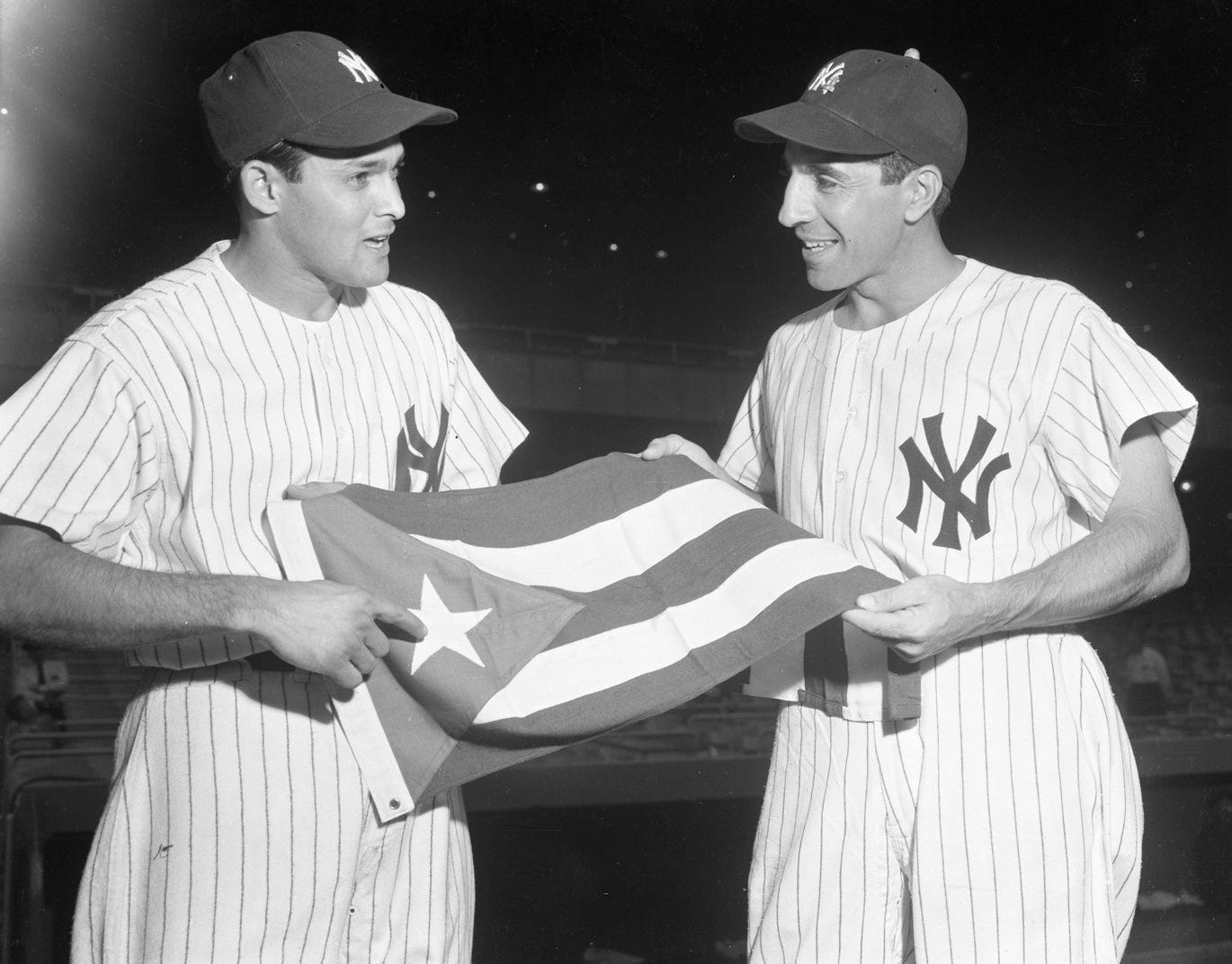
The Hispanic-American MLB All-Star Game on October 12, 1963, was a significant yet largely forgotten event in baseball history. This exhibition game, held at the Polo Grounds in New York, was organized to celebrate the contributions of Hispanic players to Major League Baseball.
It featured Hispanic players from both the American League (AL) and the National League (NL), in a contest intended to showcase the talents of Latino players, who were rapidly becoming an important presence in the sport.
In this unique game, the National League team defeated the American League team 5-2. The rosters were filled with top Latino talent of the time, including future Hall of Famers like Roberto Clemente, Orlando Cepeda, and Luis Aparicio. These players were already established stars, with Clemente in particular being a trailblazer for Latin American players in the major leagues.
While the game featured competitive play and was meant to honor the growing influence of Hispanic players in baseball, it did not gain widespread attention or become an annual event as originally hoped. This 1963 game would remain the only Hispanic-American MLB All-Star Game ever held.
However, today other celebrations and initiatives, such as Hispanic Heritage Month in MLB, highlight the central role that Latino players play in the development and success of our sport.
October 13, 1967: Padres Legend Trevor Hoffman is Born

On this date, future baseball legend Trevor Hoffman was born in Bellflower, CA. He revolutionized the closer role in Major League Baseball, becoming one of the most successful relief pitchers of all time.
He was best known for his devastating changeup, which baffled hitters for years. Hoffman spent the bulk of his career with the Padres, where he cemented his legacy as one of the greatest closers ever. Some of his accolades include:
601 career saves, making him the first player in MLB history to reach the 600-save milestone. At the time of his retirement, he was the all-time saves leader (a record later surpassed by Mariano Rivera).
Seven All-Star appearances, a testament to his consistent dominance.
A Hall of Fame Induction in 2018, solidifying his place among the game’s all-time greats.
Hoffman’s career paved the way for modern closers and redefined the position, making his birthday an important date for fans who the art of pitching.
Thanks for Supporting the Show!
If you haven’t yet, would you consider becoming a paid subscriber?
You get:
The ad-free version of our weekly main show 'Rounders' a whole DAY EARLIER.
A sneak peek at our secret list of upcoming episodes.
A chance to share your thoughts, which I might just read out in the episode.
Exclusive chats, events, and more fun stuff only for our members.
And if you're feeling extra awesome, join our 'Starting Nine' crew. Help shape the show, pick episode topics, and even get a shoutout as a producer.
Let's make 'Rounders' the top baseball history show together!









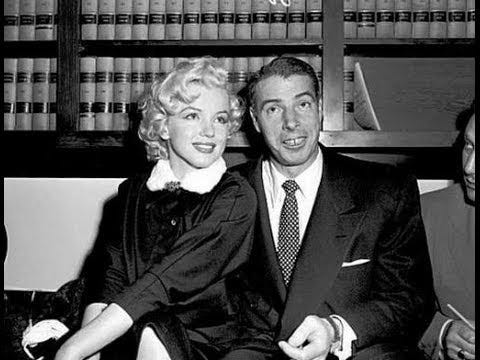
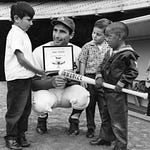

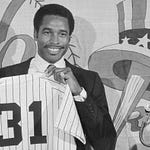
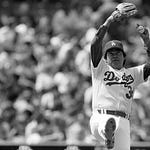
Share this post